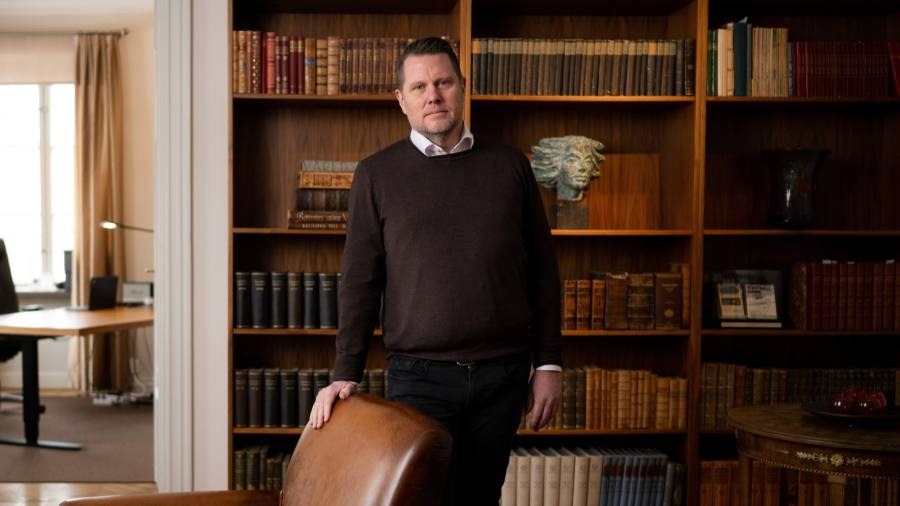
Shares in Embracer Group fell more than 14 per cent on Thursday after the games company cut its earnings forecast for the year and launched a review of its business that could see it spin off some of its companies.
The Swedish group, which has become the biggest gaming company in Europe after a four-year buying spree, warned that the economic backdrop had turned “darker in recent months”.
Embracer said it was launching a special review of the business to navigate the new market conditions. This could result in “spin-offs . . . into separate publicly listed companies . . . if that is deemed to be the best for its employees, create higher shareholder value and improve our strategic flexibility”.
The move comes just three months after the prolific gaming dealmaker announced six new acquisitions and posted a rise in first-quarter sales and profits despite a scarcity of new game releases.
“The world has changed for the worse in many areas, becoming darker in recent months,” chief executive Lars Wingefors said in a statement accompanying the group’s half-year results. He said the increased cost of capital would have an impact on the business going forward.
“Current and future investments, both organic and inorganic, [will have] to have a higher minimum hurdle with a safety margin to justify the capital allocation,” he added.
Embracer cut its forecast for earnings before interest and tax for the current financial year from Skr9.2bn-Skr11.3bn to Skr8bn-Skr10bn ($758mn-$948mn), though it left its guidance for 2024 unchanged.
The company’s share price fell 14 per cent in early morning trading on Thursday to Skr48.20.
A four-year buying spree transformed Embracer from a small and obscure PC games developer into the largest gaming company in Europe by market capitalisation, valued at Skr72bn.
In June, Saudi Arabia’s sovereign wealth fund spent $1bn on a stake in Embracer, in a move that the group said would help it set up a regional hub in the country so it could expand into the Middle East and north Africa.
Embracer has 132 gaming studios, employing 15,700 employees across 40 countries.
Most of these acquisitions were made at a time of low interest rates, when the gaming industry was awash with deals as companies sought to acquire studios with popular games — the gold dust of the industry.
But soaring inflation and rising interest rates around the world have slowed dealmaking across the sector since the start of the year, when Microsoft made its blockbuster acquisition of Activision Blizzard in the US.
Embracer’s more cautious strategy comes as the group posted a mixed set of results on Thursday. The group reported a 190 per cent increase in revenue in the second quarter from July to September, to Skr9.6bn, above consensus estimates of Skr8.9bn and driven in large part by previous acquisitions. Adjusted ebit increased 115 per cent to Skr2.1bn, but came in below analysts’ estimates of Skr2.4bn.
Analysts at Citi said the board review “may reverse complexity and ease perceived pressure on the balance sheet” and that the forecast downgrade “may be seen as a clearing event”.